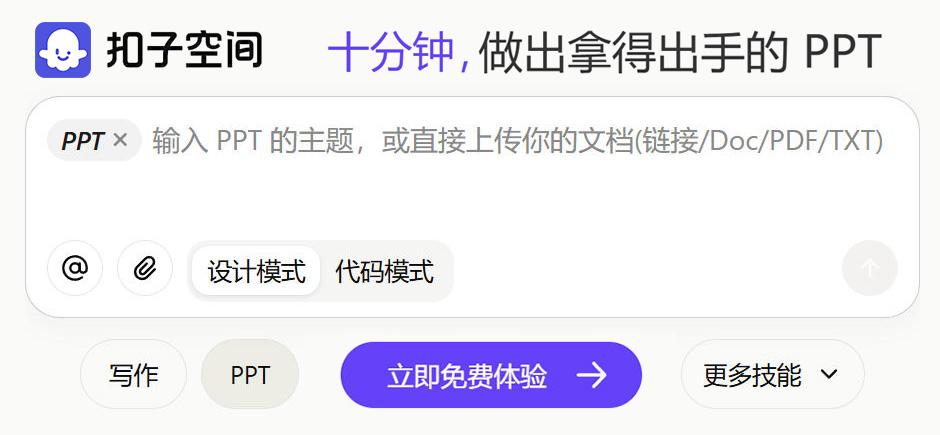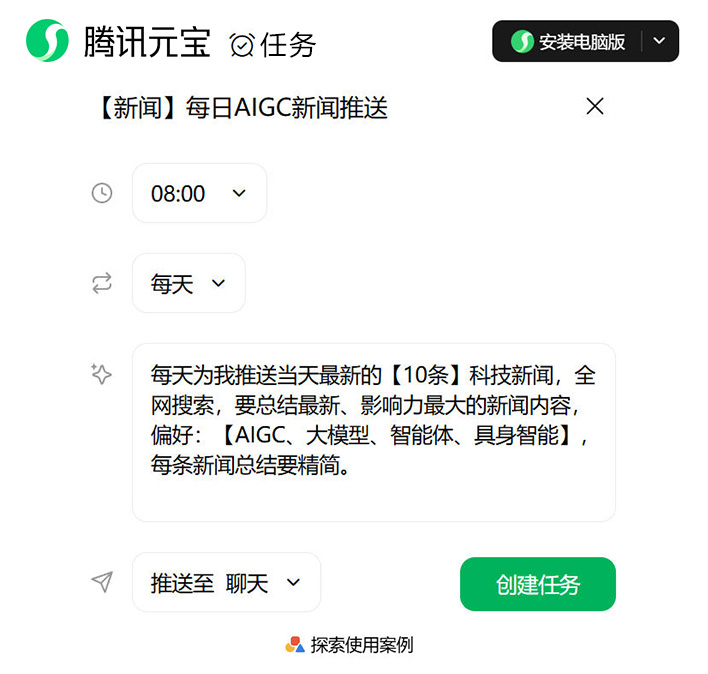Chinese Traditional Music and AI: A New Era of Creation
In the ever-evolving world of music, technology is playing an increASIngly ViTal role. One of the most captivating aspects of this transformation is the integration of Artificial Intelligence (AI) in the creation of music. While traditional Chinese music has a rich history rooted in ancient practices, the advent of AI has opened new possibilities for artists to explore, innovate, and preserve the essence of Chinese traditional music in modern contexts.
AI music generation is not merely a novelty—it is a powerful tool that can help musicians experiment with new sounds, styles, and techniques. With the right prompts, AI can generate compositions that reflect the soul of Chinese traditional music, blending ancient melodies with contemporary influences. This fusion not only honors the roots of the genre but also allows for creative expression that transcends time.
The key to successful AI music generation lies in crafting high-quality prompts that capture the essence of Chinese traditional music. These prompts should include specific elements such as type of music (e.g., classical, folk, or instrumental), style (e.g., guzheng, pipa, or qin), temple or cultural context (e.g., Jiangnan, Yunnan), time period (e.g., Ming Dynasty, Qing Dynasty), and mood (e.g., melancholic, joyful, or introspective). By providing these details, AI can generate music that resonates with the cultural and historical background of Chinese traditional music.
For example, a prompt might read:
“Generate a classical Chinese folk melody with a melancholic tone, featuring the pipa and guzheng, inspired by the Jiangnan region during the Ming Dynasty.”
This prompt guides the AI to create a piece that is both authentic and innovative, capturing the essence of traditional Chinese music while allowing for modern interpretation.
The use of language in these prompts is also crucial. Chinese traditional music is deeply rooted in poetry, philosophy, and aesthetics. Therefore, the language used in the prompt should reflect these elements. This includes using traditional Chinese terms and phrases, as well as incorporating literary references or historical contexts that enhance the authenticity of the generated music.
Moreover, the structure of the prompt plays a significant role in the AI’s ability to generate meaningful music. A well-structured prompt ensures that the AI understands the desired outcome and can produce a composition that aligns with the user’s vision. This includes specifying the length of the piece, the number of sections, and the genre of music.
In addition to the content of the prompt, the style and techniques used by the AI are also important factors. Some AI models are trained on a wide range of musical styles, while others are specialized in certain genres. It is essential to choose a model that is appropriate for the task at hand. For instance, if the goal is to generate a traditional Chinese folk song, a model trained on Chinese traditional music data will produce more accurate results than one trained on Western classical music.
Another important consideration is the integration of cultural elements. Chinese traditional music is not just about the sounds; it is about the meaning, the stories, and the emotions. Therefore, the AI should be trained on datasets that include traditional Chinese texts, historical records, and cultural references to ensure that the generated music is not only technically proficient but also culturally resonant.
The process of generating music with AI is also a learning experience for both the artist and the AI. As the AI processes the prompt, it continuously learns from the data it is given. This iterative process allows for refinement and improvement, leading to more accurate and meaningful compositions.
In conclusion, the use of AI in generating Chinese traditional music offers a unique opportunity to explore and preserve the cultural heritage of China. By crafting precise and meaningful prompts, artists can guide AI to create music that is both innovative and authentic. As the technology advances, the role of AI in music creation will only become more significant, opening new doors for creativity and cultural expression.








 津公网安备12011002023007号
津公网安备12011002023007号